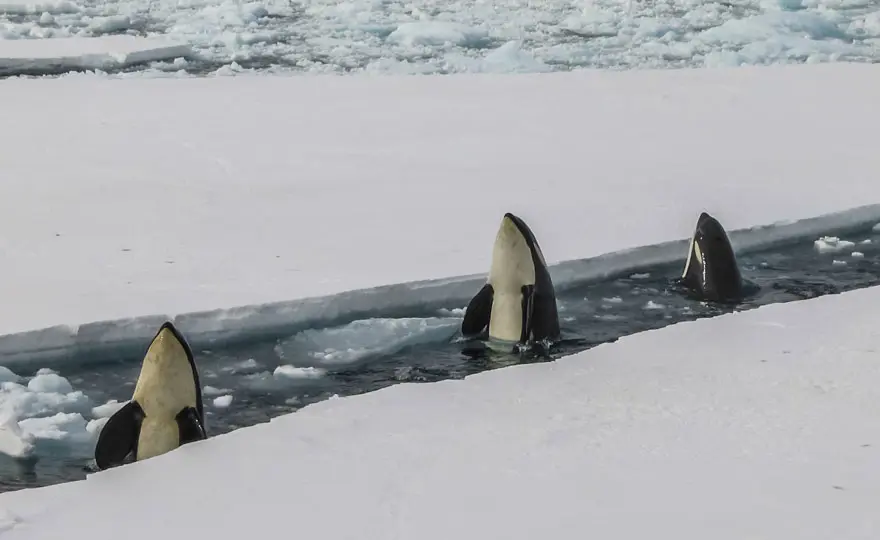ClientEarth Communications
5th February 2019


C-626/15 and C-659/16 Commission v Council ECLI:EU:C:2018:925
Coreper consists of the permanent representatives of the governments of the Member States of the EU. It is primarily responsible for preparing the work of the Council and for carrying out its tasks. In joined cases C-626/15 and C-659/16 Commission v Council, the Court considered whether its decisions are challengeable under Article 263 TFEU.
This case concerned a challenge by the Commission of a Coreper decision approving the submission of a reflection paper to the annual meeting of the Commission for the Conservation of Antarctic Marine Living Resources (CCAMLR) on behalf of the EU and its Member States.
The paper dealt with the need to protect the ecosystem in the Weddell Sea and the animals that form part of it. The Commission argued that the decision to submit the reflection paper on behalf of the EU and its Member States breached the EU’s exclusive competence in the areas of the Common Fisheries Policy (Article 3(1) TFEU) and the conclusion of international agreements (Article 3(2) TFEU).
The Council argued that the case was inadmissible on the grounds that the decision was not adopted by the Council but by Coreper, which is not endowed with decision-making power of its own. Additionally, the decision did not produce legal effects since it approved a mere reflection paper. The Court disagreed, holding that, the EU being based on the rule of law, a measure adopted by Coreper must be amenable to judicial review where it is intended to produce legal effects.
This is assessed on the basis of objective criteria, including the context in which it was adopted, its content and its author’s intention. The Court found that the decision essentially obliged the Commission not to depart from the position that the reflection paper would be submitted on behalf of the EU and its Member States. Furthermore, the minutes of the Coreper meeting showed that the intention of its author was to establish the EU’s definitive position on this point. Therefore, the Court held that it was intended to produce legal effects and was, therefore, a challengeable act under Article 263 TFEU.
The challenge was ultimately dismissed on the merits. First, the Court found that the reflection paper was primarily concerned with environmental protection, fisheries being only an incidental purpose of the paper. Second, it found that the EU did not have a fully autonomous status within the CCAMLR and, as such, it did not have the power to act without the participation of its Member States.
Access to Justice is a fundamental means through which citizens and NGOs can support the implementation and enforcement of laws and policies to protect the environment. The goal of this ATOJ-EARL project is to achieve “Access to Justice for a Greener Europe”. It strives to enhance access to justice in environmental matters by providing information, training and support for the judiciary, public authorities and lawyers of eight European member states. ClientEarth and Justice and Environment are implementing this project with the financial support of the European Commission’s LIFE instrument.
